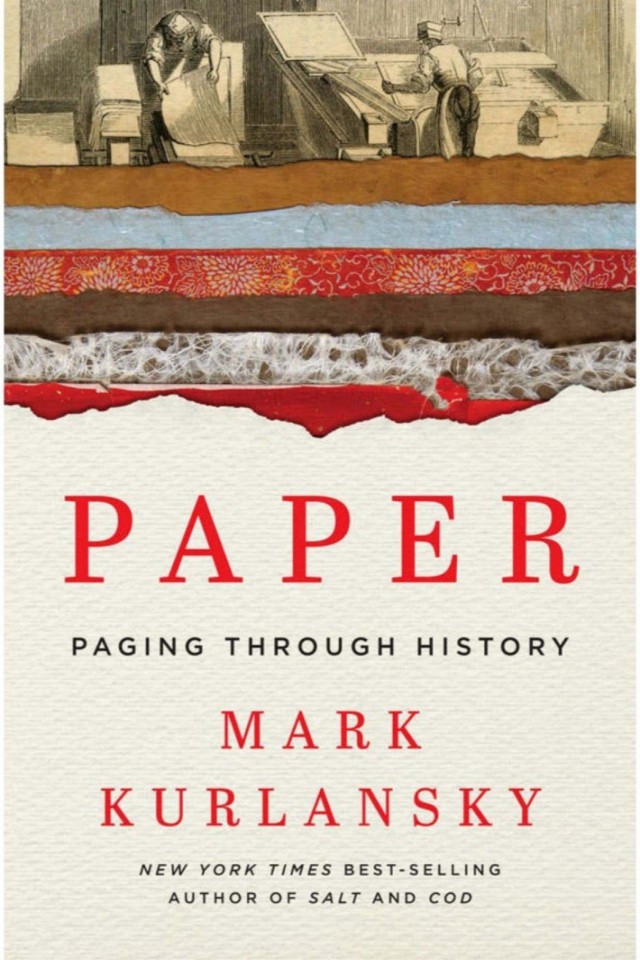

Most ebook files are in PDF format, so you can easily read them using various software such as Foxit Reader or directly on the Google Chrome browser.
Some ebook files are released by publishers in other formats such as .awz, .mobi, .epub, .fb2, etc. You may need to install specific software to read these formats on mobile/PC, such as Calibre.
Please read the tutorial at this link: https://ebookbell.com/faq
We offer FREE conversion to the popular formats you request; however, this may take some time. Therefore, right after payment, please email us, and we will try to provide the service as quickly as possible.
For some exceptional file formats or broken links (if any), please refrain from opening any disputes. Instead, email us first, and we will try to assist within a maximum of 6 hours.
EbookBell Team

4.7
46 reviewsPlease note that the paper in this book has deckle edges.
Paper is one of the simplest and most essential pieces of human technology. For the past two millennia, the ability to produce it in ever more efficient ways has supported the proliferation of literacy, media, religion, education, commerce and art. It has created civilisations, fostering the fomenting of revolutions and the stabilising of regimes. History's greatest press run produced 6.5 billion copies of Mao zhu xi yu lu, Quotations from Chairman Mao Tse-tung (Zedong) and Leonardo da Vinci left behind only 15 paintings but 4,000 works on paper. Now, on the cusp of "going paperless"-and amid speculation about the effects of a digitally dependent society-we've come to a world-historic juncture to examine what paper means to civilisation. Through tracing paper's evolution, Mark Kurlansky challenges common assumptions about technology's influence, affirming that paper is here to stay. Paper will be the history that guides us forward in the twenty-first century.
**